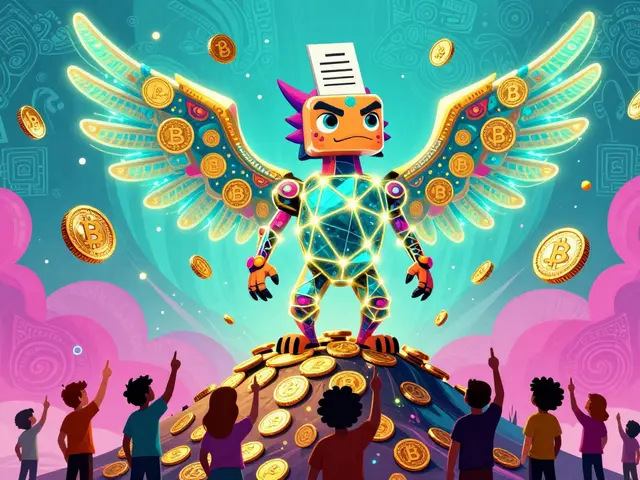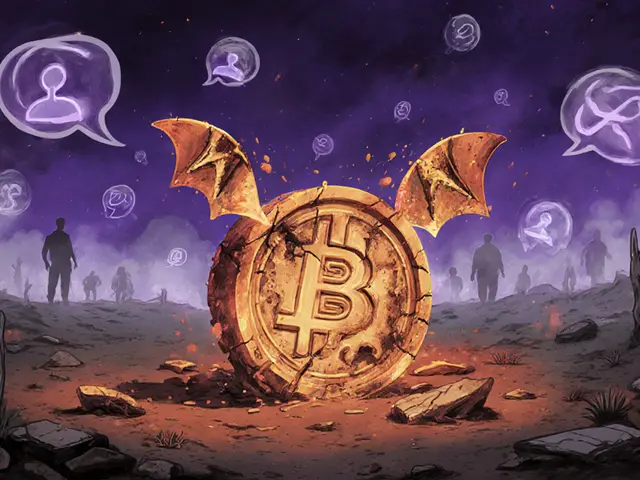Cryptocurrency Restrictions: What’s Banned, Where, and Why It Matters
When we talk about cryptocurrency restrictions, government rules that limit or block the use, trading, or mining of digital assets. Also known as crypto regulations, these rules are shaping who can use crypto, where, and under what conditions. It’s not about stopping innovation—it’s about control. Some countries see crypto as a threat to their currency, others as a tool for crime, and a few just want to tax it. The result? A patchwork of laws that can make trading legal in one country and illegal in the next.
Take MiCA regulations, the European Union’s comprehensive framework for crypto markets. It’s forcing exchanges in places like Cyprus to get licensed, prove they’re secure, and track every transaction. Smaller players are leaving. Big ones are adapting. Meanwhile, Russia’s crypto mining rules, a strict system requiring registration, tax payments, and acceptance of winter power cuts show how even pro-mining countries impose heavy conditions. And then there’s Tornado Cash sanctions, a U.S. government move that banned a privacy tool because it was used to launder stolen crypto—a decision later ruled illegal by a court, but still chilling for developers building privacy features.
These aren’t abstract policies. They affect your wallet. If you’re in Indonesia, you pay a 1% penalty for using foreign exchanges. In China, the digital yuan is actively replacing Bitcoin. In North Korea, state hackers steal billions in crypto because the rules don’t stop them. The truth is, cryptocurrency restrictions aren’t just about law—they’re about power. Who controls money? Who tracks it? Who gets punished for using it? The answers are written in these rules.
Below, you’ll find real-world examples of how these restrictions play out: from failed tokens buried under regulatory uncertainty, to exchanges that vanished overnight, to miners in Russia who still operate under strict limits. These aren’t just stories—they’re warnings, lessons, and maps for anyone holding or trading crypto today.










